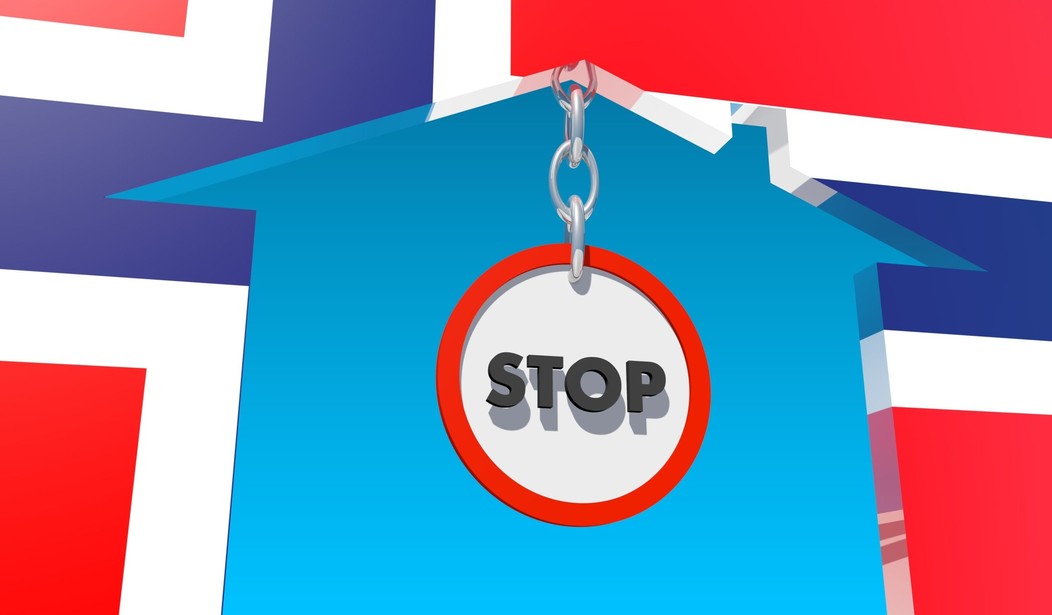When he first arrived in Europe, Abdu Osman Kelifa, a Muslim asylum seeker from the Horn of Africa, was shocked to see women in skimpy clothes drinking alcohol and kissing in public. Back home, he said, only prostitutes do that, and in locally made movies couples “only hug but never kiss.”
Confused, Mr. Kelifa volunteered to take part in a pioneering and, in some quarters, controversial program that seeks to prevent sexual and other violence by helping male immigrants from societies that are largely segregated or in which women show neither flesh nor public affection to adapt to more open European societies.
Fearful of stigmatizing migrants as potential rapists and playing into the hands of anti-immigrant politicians, most European countries have avoided addressing the question of whether men arriving from more conservative societies might get the wrong idea once they move to places where it can seem as if anything goes.
But, with more than a million asylum seekers arriving in Europe this year, an increasing number of politicians and also some migrant activists now favor offering coaching in European sexual norms and social codes.
Note, please, the typical New York Times smear use of the word “conservative.” And, of course, we wouldn’t want folks who adhere to the moral code of Islam or other primitive societies to be “stigmatized.”
Mr. Kelifa, 33, attended the education program at an asylum center in this town near the western Norwegian city of Stavanger. Like similar courses now underway in the village of Lunde and elsewhere in Norway, it was voluntary and was organized around weekly group discussions of rape and other violence.
The goal is that participants will “at least know the difference between right and wrong,” said Nina Machibya, the Sandnes center’s manager. A course manual sets out a simple rule that all asylum seekers need to learn and follow: “To force someone into sex is not permitted in Norway, even when you are married to that person.”
“The biggest danger for everyone is silence,” said Per Isdal, a clinical psychologist in Stavanger who works with the foundation, which developed the program Mr. Kelifa attended in Sandes. Many refugees “come from cultures that are not gender equal and where women are the property of men,” Mr. Isdal said. “We have to help them adapt to their new culture.”
“The difference between right and wrong.” Really, it’s hard to know whether to laugh or cry. But weep for Europe, which is about to learn the hard way that culture is far more powerful and potent than “country.”









Join the conversation as a VIP Member